The dig has also shed new light on the reign of the ancient queen.
Adam Schrader, October 18, 2023.


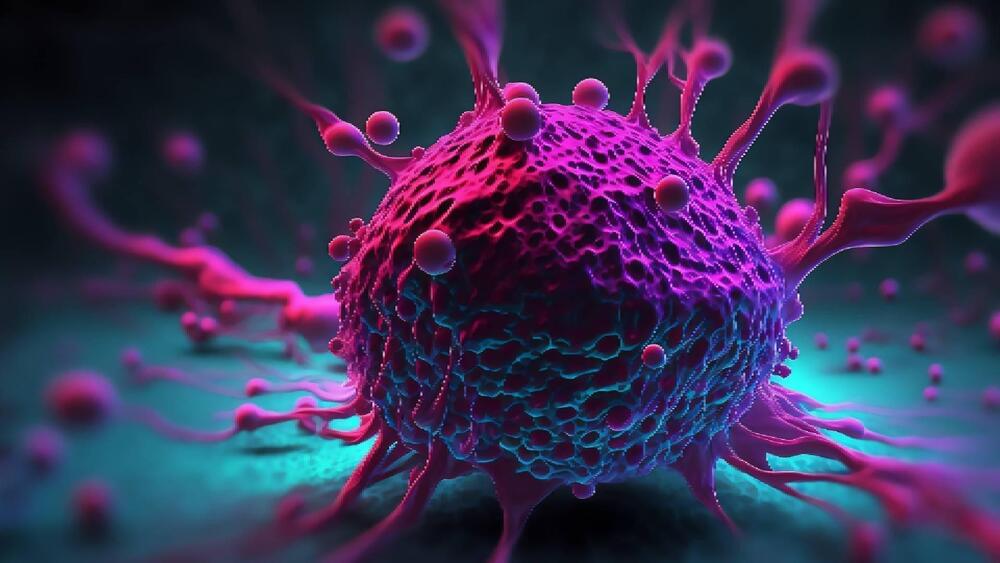
CIPhotos/iStock.
According to main study author Lauren Janczewski, MD, a clinical scholar with ACS Cancer Programs and a general surgery resident at Northwestern University McGaw Medical Center, Chicago, estimated survival rates for cancer patients currently primarily depend on disease stage and do not offer enough details to estimate an accurate survival time.
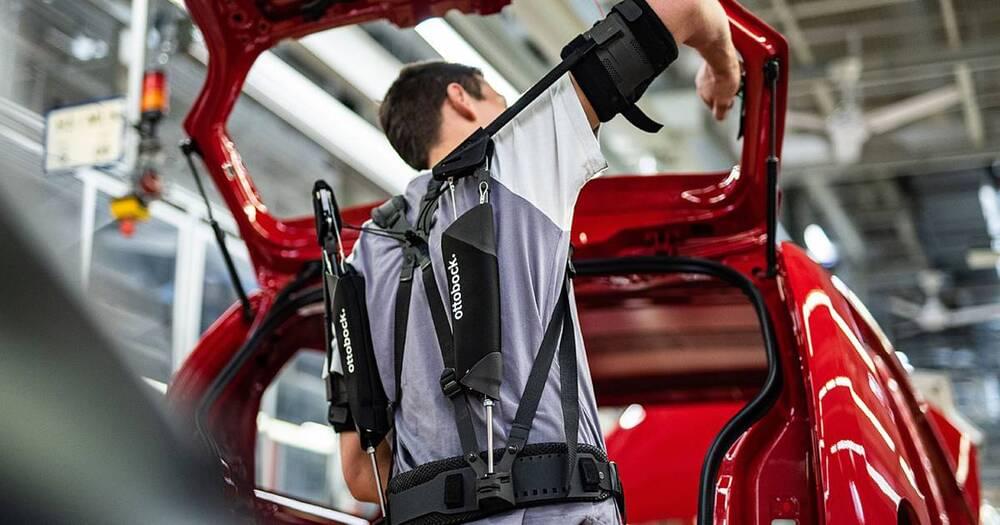

Join us on Patreon! https://www.patreon.com/MichaelLustgartenPhD
Discount Links:
NAD+ Quantification: https://www.jinfiniti.com/intracellular-nad-test/
Use Code: ConquerAging At Checkout.
Epigenetic Testing: https://trudiagnostic.com/?irclickid=U-s3Ii2r7xyIU-LSYLyQdQ6…M0&irgwc=1
Use Code: CONQUERAGING
At-Home Metabolomics: https://www.iollo.com?ref=michael-lustgarten.
Use Code: CONQUERAGING At Checkout.
At-Home Blood Testing: https://getquantify.io/mlustgarten.
Oral Microbiome: https://www.bristlehealth.com/?ref=michaellustgarten.
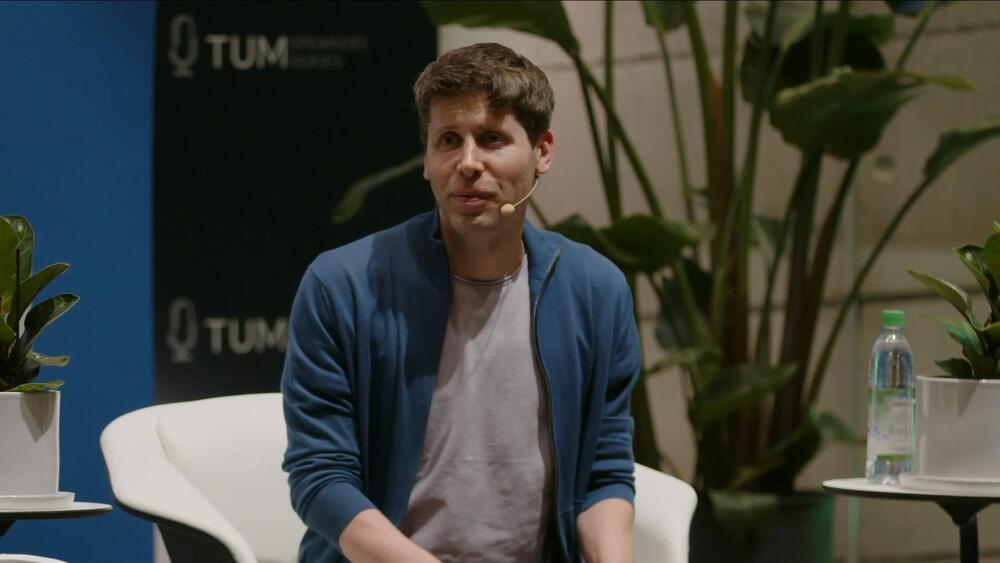
Artificial general intelligence is the big goal of OpenAI. What exactly that is, however, is still up for debate.
According to OpenAI CEO Sam Altman, systems like GPT-4 or GPT-5 would have passed for AGI to “a lot of people” ten years ago. “Now people are like, well, you know, it’s like a nice little chatbot or whatever,” Altman said.
The phenomenon Altman describes has a name: It’s called the “AI effect,” and computer scientist Larry Tesler summed it up by saying, “AI is anything that has not been done yet.”

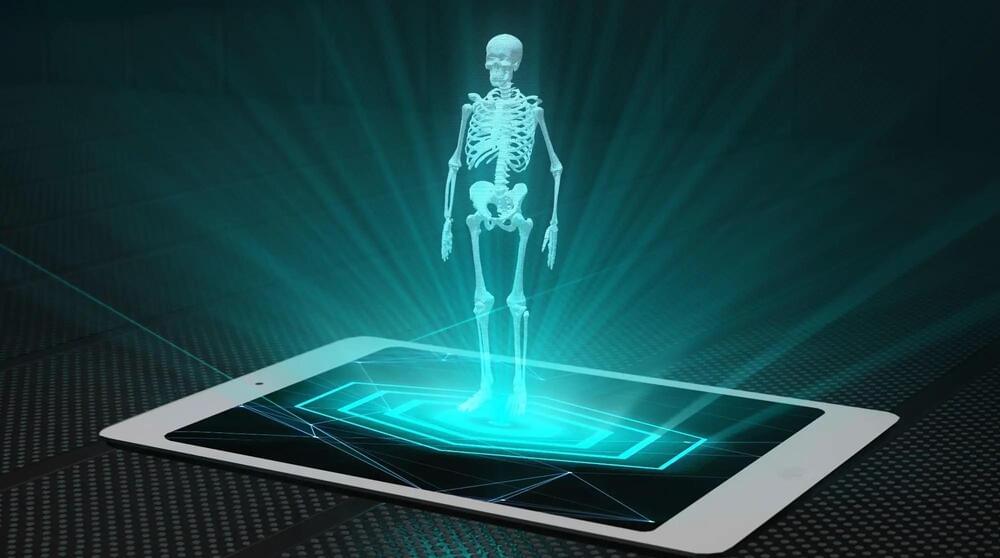
Holograms provide a three-dimensional (3D) view of objects, offering a level of detail that two-dimensional (2D) images cannot match. Their realistic and immersive display of 3D objects makes holograms incredibly valuable across various sectors, including medical imaging, manufacturing, and virtual reality.
Traditional holography involves recording an object’s three-dimensional data and its interactions with light, a process that demands high computational power and the use of specialized cameras for capturing 3D images. This complexity has restricted the widespread adoption of holograms.
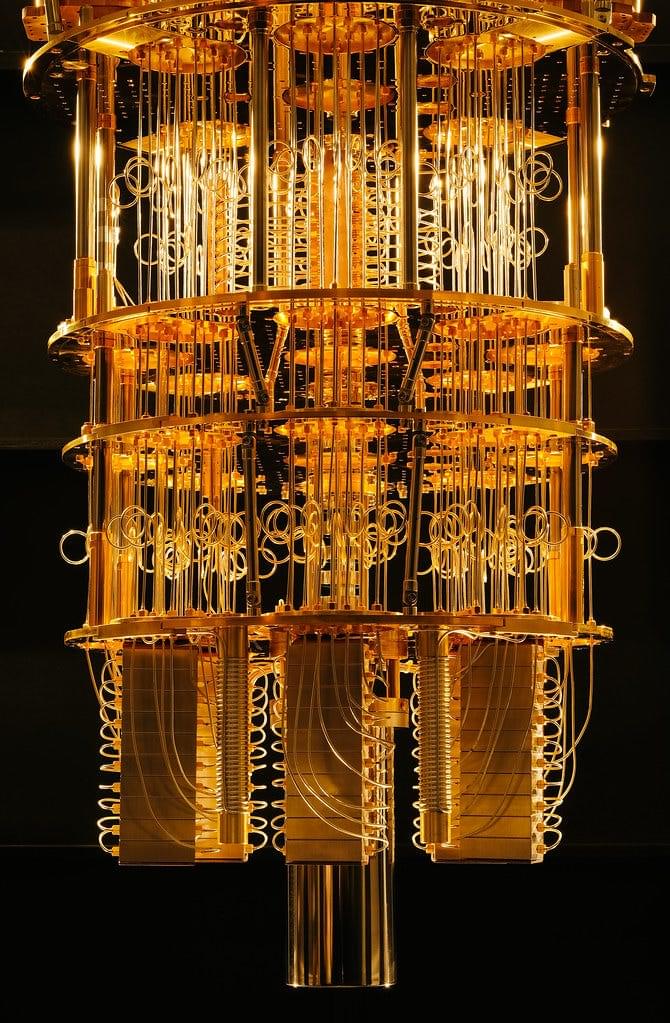
Some have described the last several millennia of human dominion over the earth’s resources as the anthropocene, deriving from the Greek “anthropo” meaning human, and “cene” meaning recent. The last century in particular has been dubbed the fourth industrial revolution, due to the pace of technological innovation ushered in by the advent of computers in the middle of the 20th century.
In the past seventy years, computation has transformed every aspect of society, enabling efficient production at an accelerated rate, displacing human labour from chiefly production to services, and exponentially augmenting information storage, generation, and transmission through telecommunications.
How did we get here? Fundamentally, technological advancement draws on existing science. Without an understanding of the nature of electromagnetism and the structure of atoms, we wouldn’t have electricity and the integrated circuitry that power computers. It was only a matter of time, then, before we thought of exploiting the most accurate, fundamental description of physical reality provided by quantum mechanics for computation.